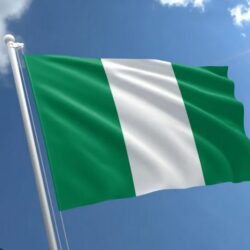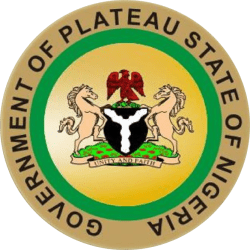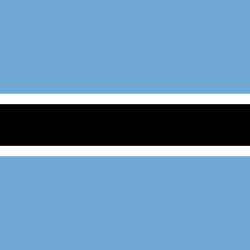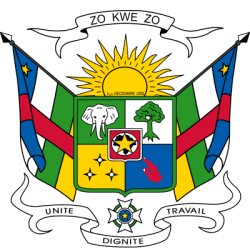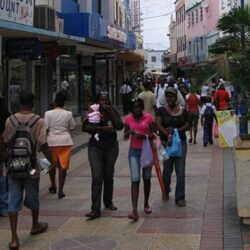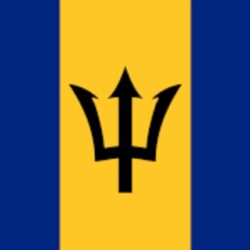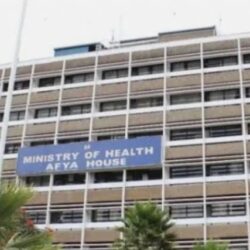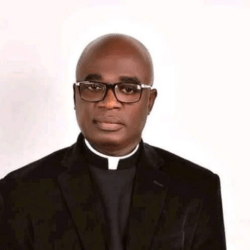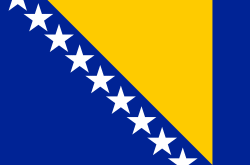The federal ministries in Nigeria are:
- Ministry of Industry, Trade And Investments
- Ministry of Youth & Sports Development
- Ministry of Defence
- Ministry of Environment
- Ministry of Health
- Ministry of Education
- Ministry of Women Affairs
- Ministry of Niger Delta
- Ministry of Justice
- Ministry of Works, Power And Housing
- Ministry of Water Resources
- Ministry of Information & Culture
- Ministry of Solid Minerals Development
- Ministry of Petroluem Resources
- Ministry of Transport
- Ministry of Science And Technology
- Ministry of Communication Technology
- Ministry of Labour And Employment
- Ministry of Finance
- Ministry of Budget & National Planning
- Ministry of Agriculture
- Ministry of Interior
- Ministry of Information& Culture
- Ministry of Foreign Affairs
- Ministry of Youth Development
- Ministry of Housing & Urban Development
- Ministry of Information and Culture
- Ministry of Works
- Ministry of Mines and Steel Development
- Ministry of Petroleum Resources
- Ministry of Power
- Ministry of Aviation
- Ministry of Labour and Productivity
- Ministry of Commerce and Industry
- Ministry of Agriculture and Rural Development
Reference: Federal Civil Service Commission. fedcivilservice.gov.ng/mdas?d=1&limit=475#
Nigeria
Nigeria is a country in Africa, a regional power on the continent and an emerging power on the international scene.

It has 36 states and a Federal Capital Territory, Abuja.
Having being divided into states, the country is further divided into 774 Local Government Areas (LGAs).
The LGAs are under the control of their respective states.
The country has the largest economy in Africa.
Nigeria’s population is over 230 million, making it number 1 most populated country in Africa, and number 6 in the world.

It covers an area of 923,769 square kilometres (356,669 sq mi).
It is situated between the Sahel to the north and the Gulf of Guinea to the south in the Atlantic Ocean.

Nigeria borders Niger in the north, Chad in the northeast, Cameroon in the east, and Benin in the west.
It is often referred to as the Giant of Africa owing to its large population and economy and is considered to be an emerging market by the World Bank.

However, the country ranks very low in the Human Development Index and remains one of the most corrupt nations in the world.

The largest city in Nigeria is Lagos, one of the largest metropolitan areas in the world and the largest in Africa.

Nigeria is a multinational state inhabited by more than 250 ethnic groups speaking 500 distinct languages, all identifying with a wide variety of cultures.
The official language is English, chosen to facilitate linguistic unity at the national level.
Nigeria is a founding member of AU (African Union) and a member of other international organizations including UN (United Nations), Commonwealth of Nations and ECOWAS (Economic Community of West African States).

